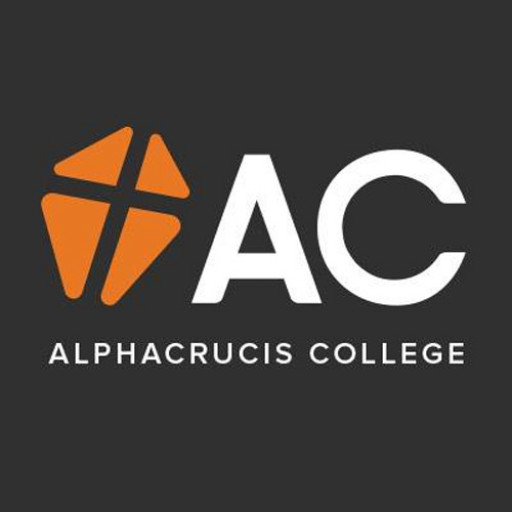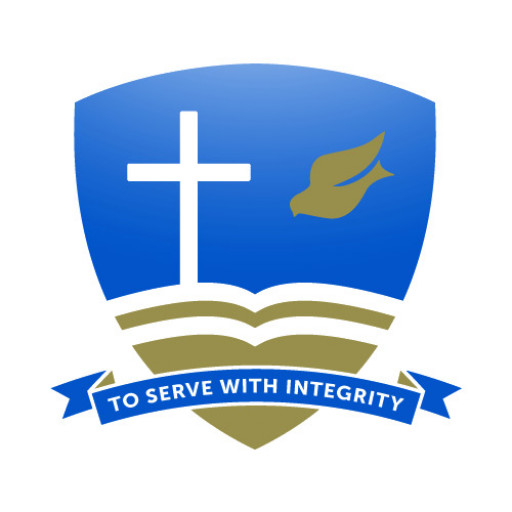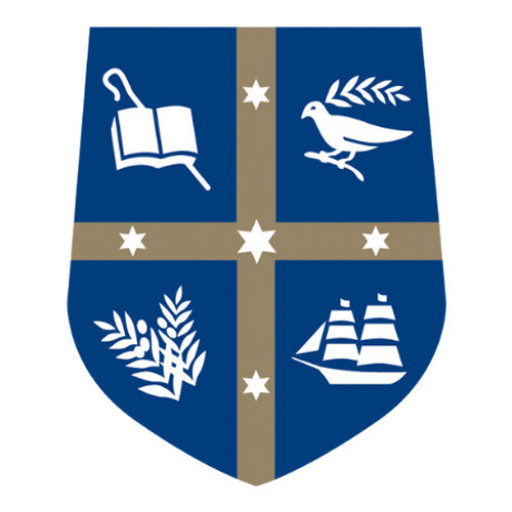The Bachelor of Theology and Ministry at the University of Divinity offers a comprehensive and rigorous program designed to equip students with a deep understanding of theological concepts, religious studies, and practical ministry skills. This program is ideal for individuals seeking to pursue careers within church leadership, religious education, pastoral care, or for those who wish to deepen their personal faith and understanding of theology. Through a carefully curated curriculum, students explore foundational biblical texts, theological doctrines, ethical considerations, and the history of Christian thought, gaining both theoretical knowledge and practical competencies essential for effective ministry.
The program emphasizes critical thinking, reflective practice, and intercultural awareness, preparing graduates to serve diverse communities and address contemporary challenges in faith-based settings. Students have access to a variety of learning modes including lectures, seminars, fieldwork, and community engagement activities, fostering an integrative approach to learning that combines academic rigour with real-world application. The curriculum is designed to develop skills in biblical exegesis, homiletics, pastoral counseling, church leadership, and evangelism, providing a well-rounded foundation for ministry in various contexts.
Throughout their studies, students are encouraged to reflect on their personal faith and ethical commitments, understanding the role of spirituality in both personal development and societal wellbeing. The program is suitable for those preparing for ordained ministry, church administration, or further theological studies. Offering flexible study options, including full-time and part-time modes, the Bachelor of Theology and Ministry allows students to balance their academic pursuits with personal and professional commitments. Upon graduation, students are well-equipped to contribute meaningfully to their faith communities, engage critically with theological issues, and pursue advanced qualifications or ministry opportunities within a supportive and scholarly environment.
The Bachelor of Theology and Ministry at the University of Divinity offers students a comprehensive and in-depth exploration of theological studies combined with practical ministry training. This program is designed for individuals seeking to deepen their understanding of Christian faith, Scripture, and church history, while also developing the skills necessary for effective ministry in diverse community settings. Throughout the course, students engage with core disciplines such as biblical studies, systematic theology, ethics, pastoral care, and church leadership, providing a solid foundation for both personal spiritual growth and professional religious service. The curriculum emphasizes critical thinking, academic rigour, and reflective practice, preparing graduates to serve confidently in pastoral roles, religious education, community outreach, and other faith-based careers. Lectures, tutorials, and practical placements are integrated to ensure students gain hands-on experience in real-world ministry environments. The program also encourages engagement with contemporary issues affecting faith communities globally and locally, fostering a holistic approach to theology and ministry that is both relevant and transformative. With flexible study options, including part-time study, the Bachelor of Theology and Ministry accommodates the diverse needs of adult learners, church leaders, and laypeople committed to pursuing theological education. Graduates of this program are equipped to contribute meaningfully to church life, community development, and theological scholarship, making a positive impact within their faith communities and beyond.
Program requirements for the Bachelor of Theology and Ministry at the University of Divinity include a combination of foundational coursework, specialized subjects, and practical training designed to prepare students for pastoral, academic, or ecclesiastical roles. Applicants typically must have completed secondary education with satisfactory academic results, and in some cases, relevant theological or ministry experience is advantageous. The program mandates the successful completion of approximately 24 units, which encompass core subjects such as Biblical Studies, Theology, Ethics, Church History, and Ministry Practice. Students are expected to undertake courses that develop their theological understanding, spiritual formation, and practical ministry skills.
Furthermore, assessments are conducted through essays, examinations, practical ministry placements, and reflective journals, ensuring comprehensive evaluation of both theoretical knowledge and practical competence. The curriculum emphasizes engagement with scripture, doctrine, and contemporary issues facing churches and ministries today. Students are encouraged to participate in community outreach, internships, and service projects, which are often integral to their practical training components.
Progression through the program typically involves prerequisites and corequisites to ensure a well-rounded educational experience, and students may need to meet additional requirements such as language studies in biblical languages like Greek or Hebrew, depending on their specialization choices. The program also aims to cultivate leadership abilities, pastoral care skills, and an understanding of ethical considerations relevant to ministry contexts. Successful completion of the degree qualifies graduates for ordination, further theological studies, or leadership roles within faith-based organizations. The university also provides mentoring and pastoral support throughout the duration of studies to assist students in their academic and spiritual growth.
The University of Divinity offers a range of financial assistance options to support students enrolled in its Theology and Ministry programs. These include government-funded schemes such as FEE-HELP, which allows eligible students to defer tuition fees, making it more accessible for those seeking advanced theological education. Additionally, the university provides Scholarships and Bursaries tailored specifically for students pursuing degrees in theology and ministry. These financial awards are often based on merit, academic achievement, or financial need and aim to reduce the financial burden on students and promote equitable access to religious and theological training.
The university also encourages students to explore external funding opportunities, including church grants, community sponsorships, and private donations, which can supplement existing financial aid packages. Fees vary depending on the program and study load; for example, undergraduate Bachelor degrees might have different fee structures compared to postgraduate offerings like the Master of Divinity or Doctor of Ministry. International students should consider visa-related financial obligations and may also have access to specific scholarships for international applicants, facilitating their studies at the university.
Student loan options may also be available, depending on the student's country of residence and eligibility criteria. The university provides detailed information and guidance on managing study costs, ensuring students are well-informed about their financial responsibilities and support options. Payment plans are sometimes offered to help students manage tuition payments more effectively over the academic year. The university recognizes the importance of reducing financial barriers and strives to make theological education accessible by providing comprehensive financial support options and transparent fee information.
In sum, students enrolled in Theology and Ministry programs at the University of Divinity can access various financial resources, including government assistance, scholarships, external funding, and flexible payment arrangements, all aimed at facilitating a focus on their academic and spiritual development without undue financial stress.
The Bachelor of Theology and Ministry at the University of Divinity is a comprehensive undergraduate program designed to provide students with a deep understanding of theological concepts, biblical studies, church history, and spiritual formation. This program aims to prepare students for various careers within religious institutions, community service, pastoral work, and further academic pursuits in theology. The curriculum integrates rigorous academic coursework with practical Ministry training, ensuring graduates are well-equipped to serve in diverse ecclesiastical settings. Students engage with core subjects such as scripture, ethics, pastoral care, worship, and contemporary issues affecting faith communities. The program emphasizes critical thinking, reflective practice, and engagement with contemporary societal challenges from a faith-based perspective.
Throughout their studies, students have access to a variety of learning experiences, including lectures, seminars, practical placements, and community engagement projects. These activities are designed to foster both theological understanding and practical skills essential for ministry. The University of Divinity values an ecumenical approach, encouraging students from various Christian traditions to explore their faith deeply and engage respectfully with different denominational perspectives. This fosters an inclusive learning environment aimed at promoting unity and shared mission within the church and community.
Graduates of the Bachelor of Theology and Ministry may pursue further qualifications such as postgraduate studies in theology, pastoral counseling, or religious education. They are also equipped to serve as church leaders, chaplains, community workers, or educators. The program's strong foundation in theological scholarship combined with hands-on ministry training ensures that graduates are prepared to make meaningful contributions to their faith communities and society at large. Overall, this program reflects the University of Divinity’s commitment to academic excellence, spiritual development, and active service in the field of theology and ministry.





